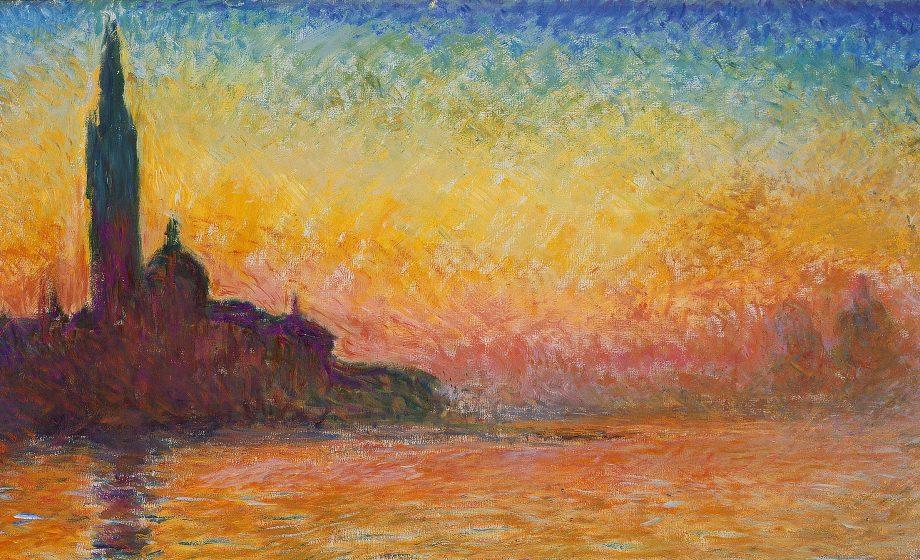FINDINGS A Smoking Gun The U.S. government and private sector must work together to bar criminals from exploiting the $28.3 billion American art market—the largest unregulated market in the world—or risk serious consequences for the country’s national security and economic integrity, as well as legitimate collectors, dealers, and auction houses. That was the stark warning from a bipartisan Congressional report, which in July 2020 exposed how a pair of Russian tycoons laundered millions through leading American auction houses and dealers [see sidebar].1 The U.S. Senate’s Permanent Subcommittee on Investigations (PSI) spearheaded the two-year inquiry in the hopes of explaining the failure of U.S. sanctions against Vladimir Putin’s inner circle. In answer it found that—as Task Force Chair Deborah Lehr wrote in The Hill—“the art market’s continuing exemption from standard laws and regulations, which now cover all other sectors of comparable risk and size, gifted these sanctioned Russians with an easy backdoor into the world’s biggest economy.”2 The PSI report, which a Congressional staffer described as “only the tip of the iceberg,” was met with shock from policymakers and the press.3 However, many on this task force have long cautioned that the public and private sectors must take action to protect the art market from criminal misuse. The following pages detail why.
Billionaire Arkady Rotenberg with Russian President Vladimir Putin. Image Source: International Consortium of Investigative Journalists.
Oligarchs, Off-shore Accounts, and the Olympics: The Rotenbergs In July 2020, a bipartisan Congressional investigation revealed Russian oligarchs Arkady and Boris Rotenberg had laundered millions through the American art market, evading U.S. sanctions. The Rotenberg brothers amassed a fortune in construction contracts and investments tied to the Kremlin —including an estimated $7 billion just from the 2014 Winter Olympics in Sochi. On March 16, 2014, the United States sanctioned Russia in response to its invasion of Ukraine and annexation of Crimea, then followed with specific sanctions against the Rotenbergs on March 20. In those four days alone, shell companies linked to the brothers transferred over $120 million to Russia. Moreover, despite the initial sanctions and later ones imposed on their associates, the Rotenbergs continued actively participating in the U.S. financial system. How? Utilizing the art market’s culture of “secrecy” and loose or nonexistent anti-money laundering controls, as well as a Moscow agency that openly advertised services enabling clients to pursue art transactions with “complete anonymity,” the Rotenbergs conducted $18 million in business with leading U.S. auction houses and dealers. Each seller maintains they transacted with the brothers unknowingly and none have been charged with wrongdoing. However, in the words of Senator Tom Carper, who led the Congressional investigation with Senator Rob Portman, the case illustrates that “criminals, terrorists and wealthy Russian oligarchs like the Rotenbergs are able to use an unregulated art industry […] to hide assets, launder funds, and evade sanctions. Unfortunately, our failure to close these obvious loopholes make U.S. sanctions—an important national security tool—far less effective than they could be."
FINDINGS
3








